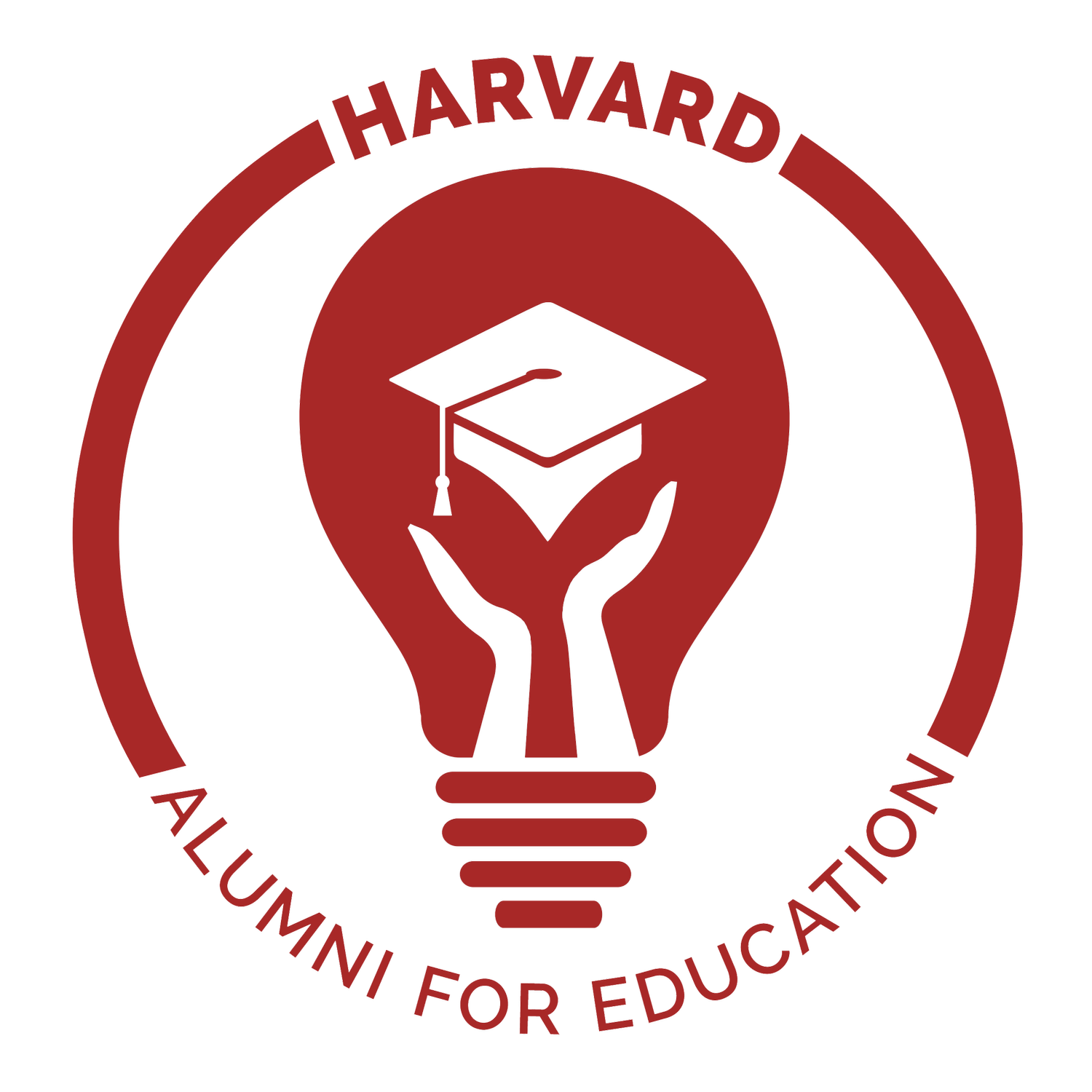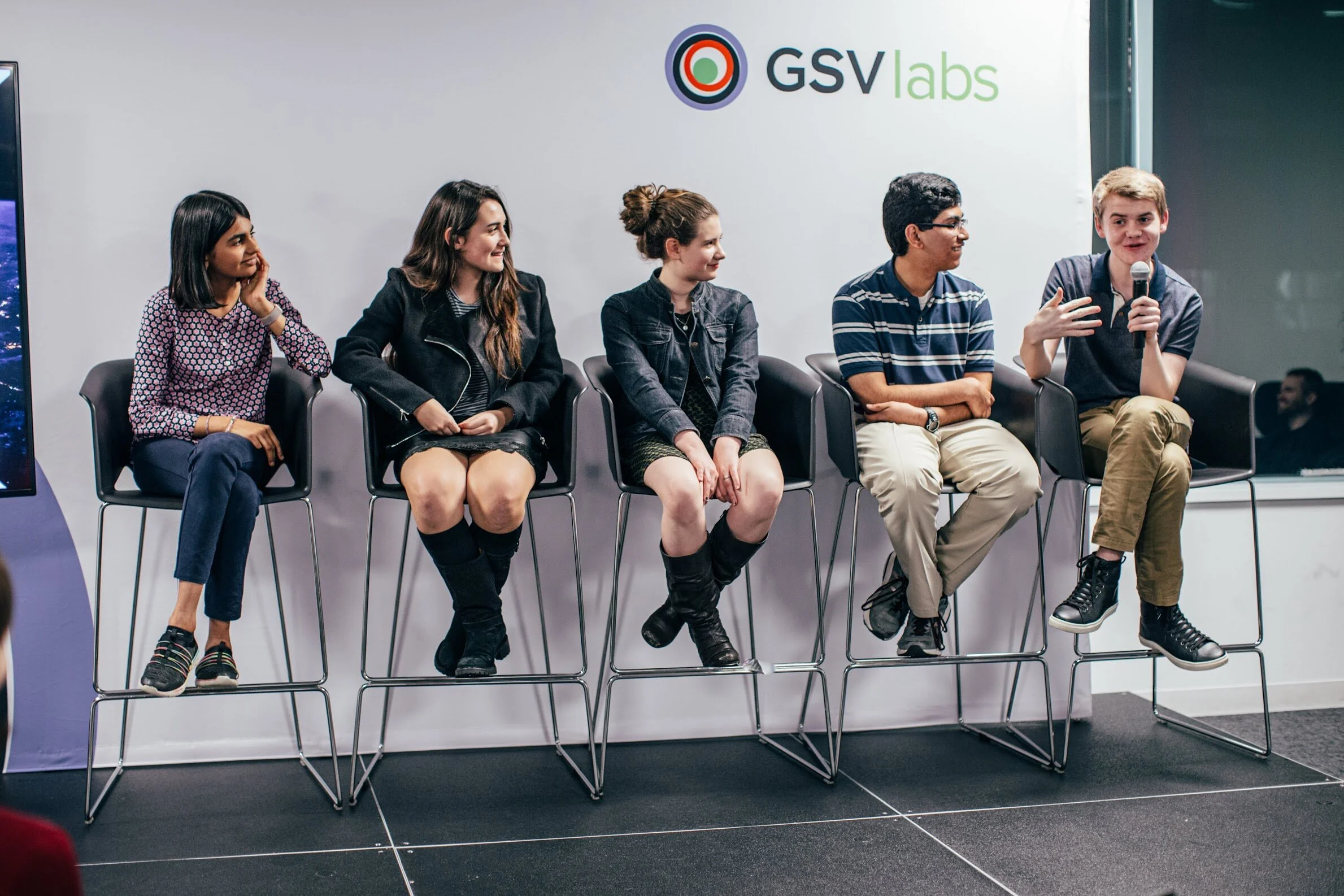By Michael Raspuzzi, Harvard MDE ‘18
Think back to the first time you were asked, “What do you want to be when you grow up?”
For those who answered Olympic-level athletes, such as in swimming, there are local pools to jump in for practice at an early age, and there are plenty of coaches for supporting individuals testing the waters of the sport. Continuing through the first dive in and cultivating a passion for the pursuit of a challenge through competitions forms bonds across like-minded individuals. Repetition over years allows for leveling-up and establishes the basis for developing talent, making it clear by teenage years if an individual is on their way to the Olympic trials or not.
For those who want to cure cancer, in a traditional path, it would take decades for first exposure of practice in a clinical or lab setting. It’s not until the education process is finished and a professional practice begins that students can explore the latest methods of diagnosis and start a path for discovering a new treatment.
If the answer is scientist, engineer, entrepreneur, or innovator to solve complex problems for kids today, then there is currently little to no support for world-class training. There are no places to practice. There are no coaches to interact with. There is very limited access to like-minded communities for those too young to drive-even though they have an intrinsic drive-which ultimately limits the developing potential for personal passions and ability to problem-solve.
The Knowledge Society (TKS) is a global accelerator teaching teenagers PhD-level technology and world-class skillsets and mindsets to fill this gap in development. Celebrated as a School of the Future by the World Economic Forum, there are three different 10-month extracurricular programs that are structured around weekly intensive sessions that, like mini hackathons, expose curious teens aged 13 - 17 to different topics and frameworks. Session topics across the three programs include:
Year 1: Innovate
Science and technology as potential tools of change (AI, blockchain, gene editing, quantum computing, and more)
Mindsets to develop potential (bias to action, antifragility, gratitude, and more)
Skillsets needed to become a leader (prioritization, collaboration, pitching, and more)
Year 2: Activate
Identify and build frameworks to solve the world's biggest problems (climate change, inequality, perinatal mortality, and more)
Understand personal development through psychology, philosophy, and mental models (Aristotle, Laozi, Carl Jung, Socrates, and more)
Year 3: Disrupt
Develop knowledge and skills to execute on solving a problem by building a product (design sprints, customer development, UX/UI, marketing, legal, sales, and more)
Founded three years ago in Toronto by two brothers, Navid and Nadeem Nathoo, TKS has scaled to support programs in five cities, including Boston, where a team of coaches helps guide the kids through the weekend session and weekly practice facilitated by an online learning platform. Curated and published online modules allow for self-directed learning and individualized pacing for content. Students are encouraged to chart their own learning paths through their innovation journey.
While the internet helps democratize information for those fortunate enough to have access, information alone will not activate the next generation of innovators. Going from zero to one on solving difficult problems requires exploring knowledge across disciplinary silos, developing a focus area of interest for testing thoughtful hypotheses; cultivating skillsets of collaboration and leadership, and ultimately practicing mindsets that support resiliency needed to embrace failure time and time again.
As problems in the 21st century have evolved to be more complex, the need for cross-disciplinary changemakers is more pressing now than ever before. Harvard has begun to invest in this future of education through its first-ever collaborative program, the Master in Design Engineering, using a design pedagogy for an active learning and project-based curriculum. Master students from different backgrounds in science, technology, design, and consulting work collaboratively to prototype solutions to complex problems. Another example, the MS/MBA Biotechnology, celebrates the importance of individual learning across previously siloed professional learning models for business and technology in order to create the next wave of innovations in the life sciences.
The TKS programs are structured similarly, where students are encouraged to explore across different topics, work on real-world challenges together, build prototypes testing their ideas, and work to build their polymathic skills. In weekend sessions, they expand their breadth of knowledge and practice different skills. During the week, they increase their depth through building projects, individual mentoring, and the online learning platform. Ensuring the “realness” of the real-world challenges, TKS has global corporate partners who sponsor ongoing problems for real-time consulting challenges for the students. Past challenge partners include Walmart, Airbnb, Google Sidewalk Labs, Techstars, and the Barclays Center.
As a conclusion to the 2019 fall term for the first Boston Innovate cohort, TKS worked with the Harvard Alumni for Education group to co-host a panel on multidisciplinary learning where students shared their projects in a TED talk style stage with an open Q+A panel. With no prerequisites to join TKS, the kids below came in curious and ambitious, and in three months this is what they presented:
Mikey T., age 16, focused his work in connectomics for understanding digital biomarkers in Schizophrenia.
Nina K., age 13, shared her ongoing work in human longevity, specifically how to use autoencoders to classify mitochondria activity before cells go senescent.
Mukundh M., age 16, presented topics on the intersection of machine learning and RNA sequencing for building the next generation of tools for drug discovery.
Faith I., age 15, talked about her work in metabolomics in adverse childhood reactions understanding how different pathways are activated.
Amelia S., age 13, discussed projects in space technology for resource mining on asteroids using spectrometers.
Each student is encouraged and empowered to forge their own path through the program. With a like-minded community and weeks of structured practices, they are equipped with the resources to prototype and test out what they want to be before they grow up. TKS provides a platform for them to explore, learn, focus, discover, and embrace failure as they push through uncertainty, spending time to figure out what they want to do and how.
If you are interested in learning more about TKS, learn more here. For those passionate about the future of education, there are full-time opportunities across Boston, New York City, Toronto, Ottawa, and more listed here. If you know an ambitious and curious teenager who would enjoy the program, applications are open here.
If you want to learn more or get involved with the TKS Boston program, connect with Michael, the city director, at michael@theksociety.com.

